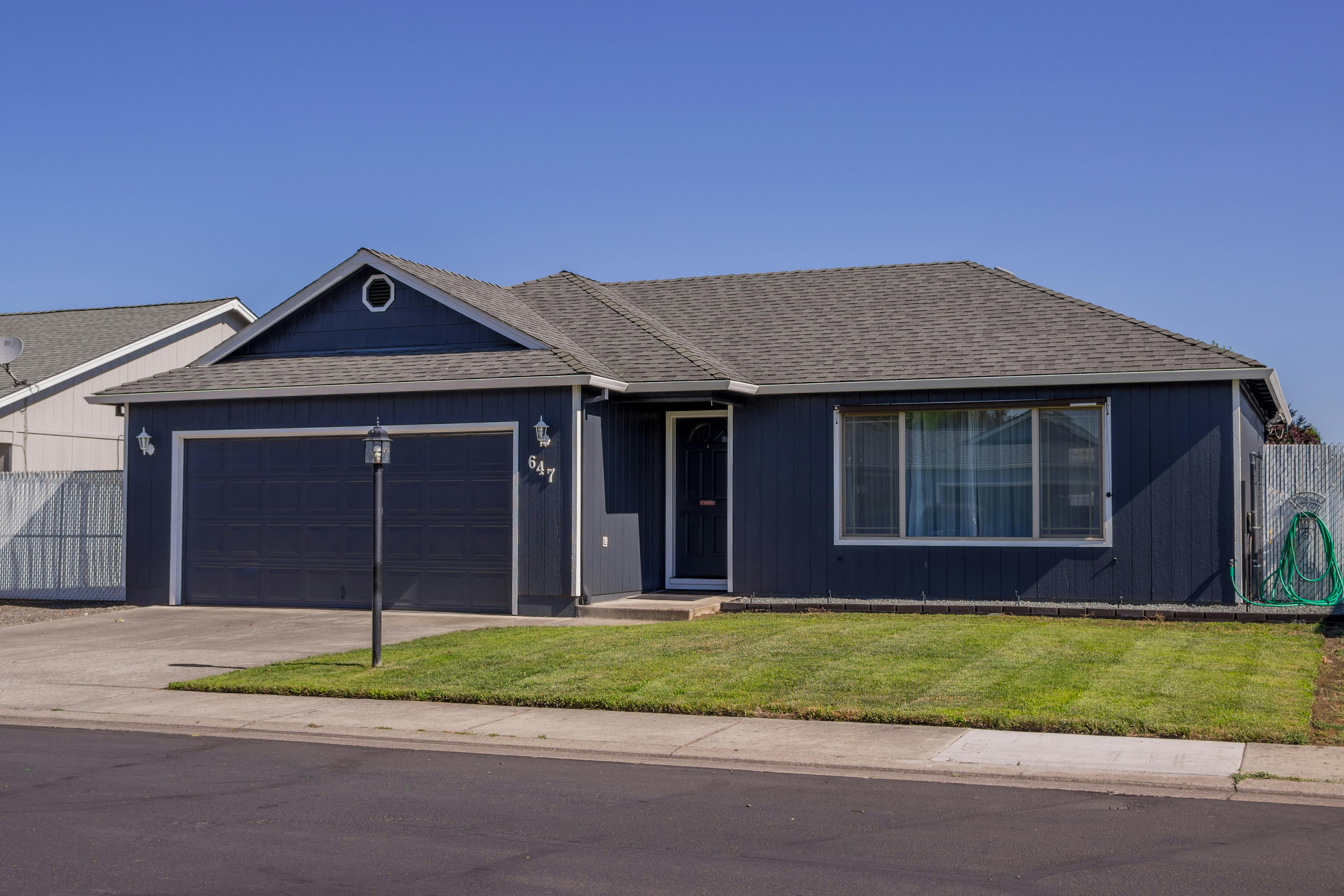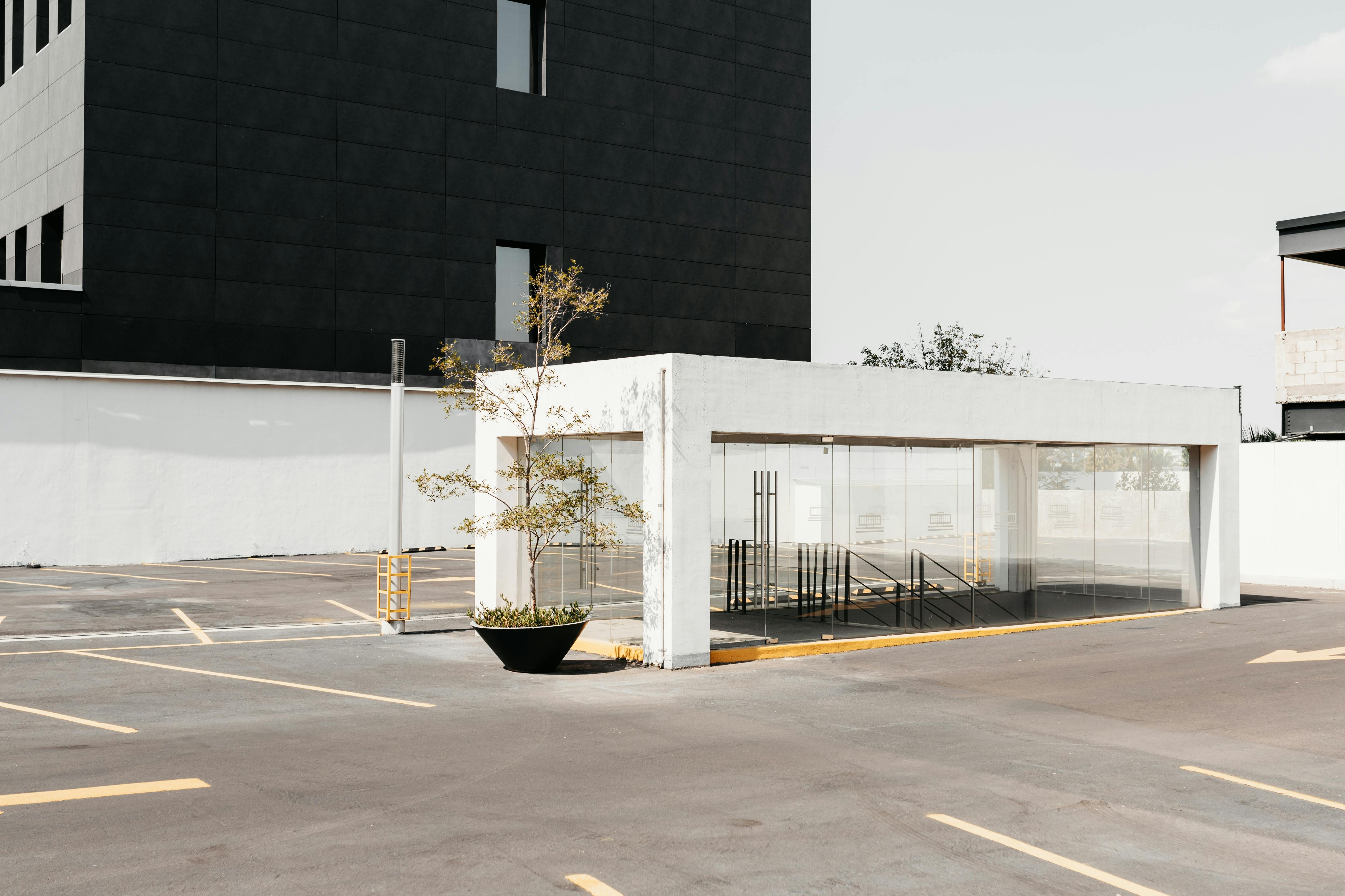In the management and leasing of commercial properties, you often run into the problem that the tenant delays signing the lease. It can be due to a number of reasons, such as:
- The full terms of the lease are still being negotiated.
- The tenant is still finalizing his equipment design.
- The various members of the association are not all available for signature.
- The documentation is still in the possession of the tenants’ attorney.
- The commercial or government department is taking time to process the document
- Decision makers are far away
- Approvals for permitted use are delayed at the local council.
So the list goes on and you will see many variations of the problem. Tenants will give you so many different reasons why the lease is still pending. The delay process is often not what it seems and there are other alternatives that the tenant is adopting for their own reasons. Tenants won’t tell you the whole truth; That is a fact.
The signing of a lease is then a critical element for the lease to be available for occupancy. In almost all leasing situations, you will want the tenant to meet the following criteria before the keys to the lease are handed out:
- The lease is fully and correctly signed.
- The plans and drawings associated with the refurbishment of the tenants have been submitted to the landlord and are approved.
- The plans and drawings associated with the refurbishment of the tenants have been submitted to the building control board or local council and are approved.
- The first month’s rent is paid in advance according to the lease documentation.
- Adequate personal or bank guarantees are provided to the lessor in accordance with the lease.
- All documentation and disclosures associated with the implementation of the lease are properly delivered and satisfied
- Required deposit is paid under the lease or lease.
The golden rule in leasing a property to a tenant is that all rental requirements are met in accordance with the property managers’ instructions and owner’s requirements before keys and lease access are handed over .
It should also be said that any incentives that are made available to the tenant as part of the new lease structure should not be released or made available until the six points above are met.
In most cases with commercial properties, the tenants you work with have a lot of business and negotiation experience. They are likely to have more experience than the property manager or owner. Tenants will establish the lease status for their own benefit during the lease negotiation.
So the clear message here is that the premises should not be released to the tenant until all the documentation requirements of the lease have been properly and legally fulfilled.



